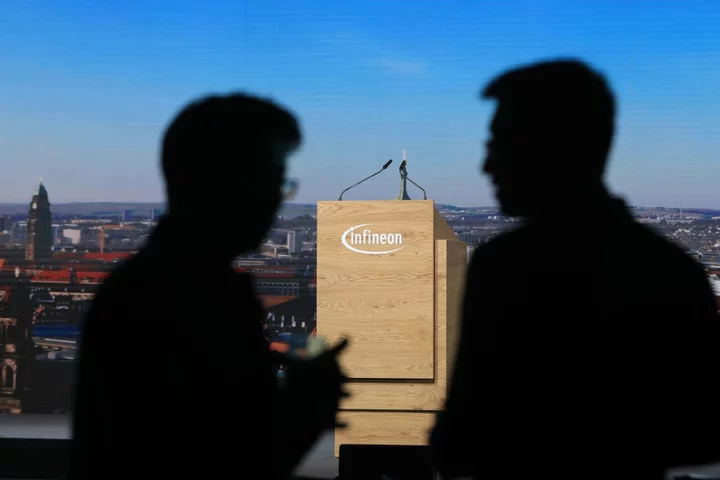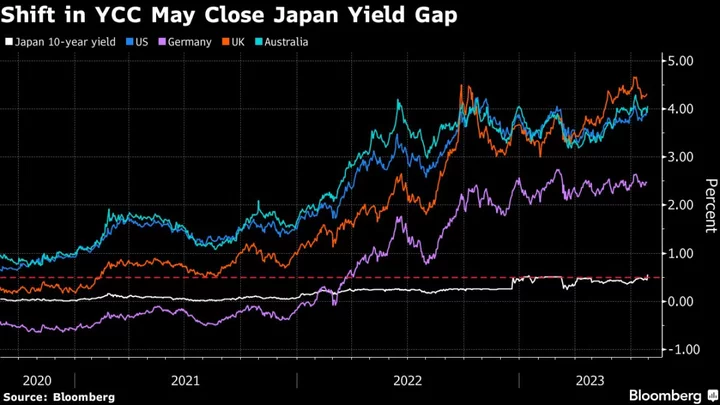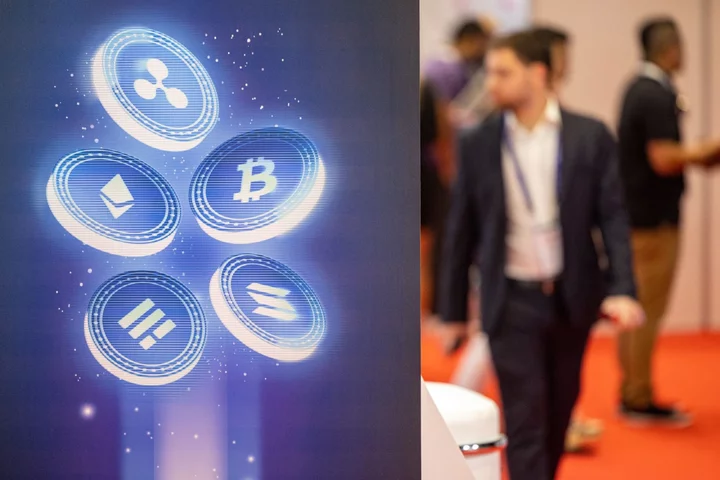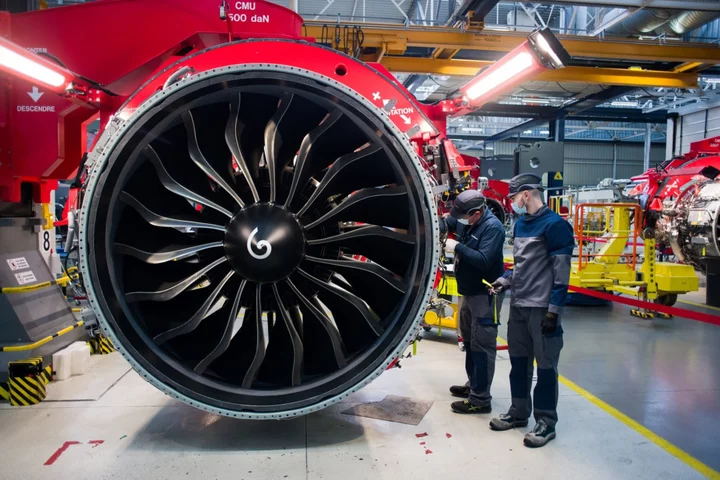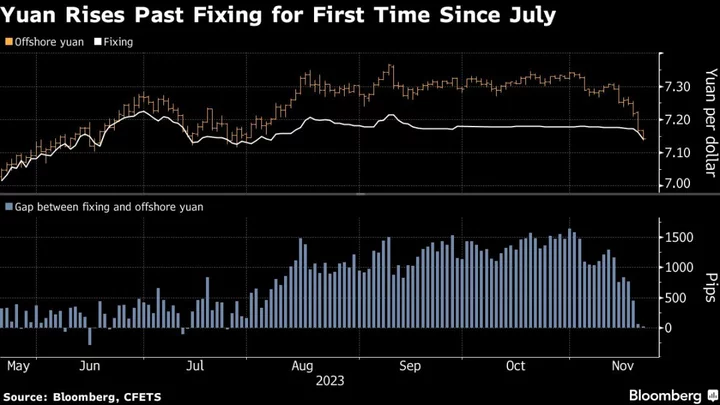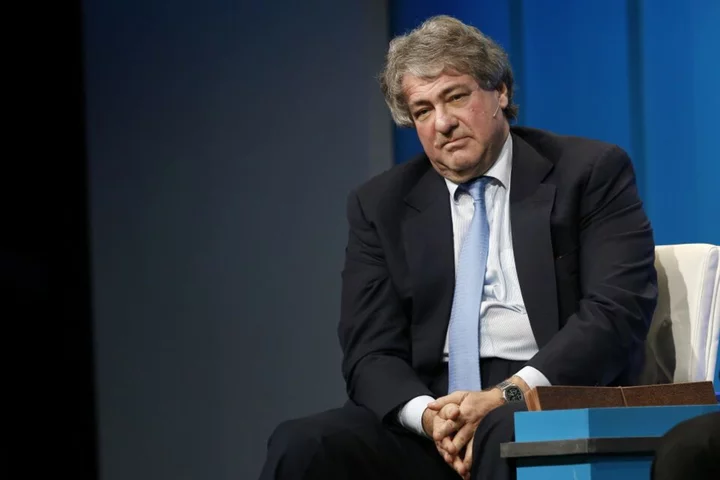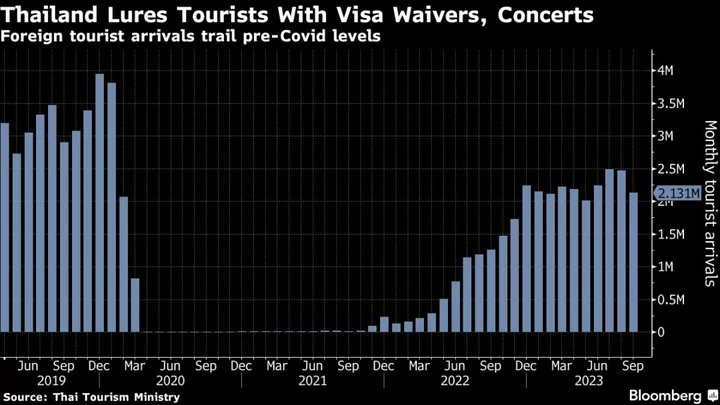Infineon Technologies AG shares dropped the most in more than two years after the company’s fourth-quarter outlook raised concerns about the chipmaker’s profitability.
Fourth-quarter sales are expected to rise to about €4 billion, the German semiconductor maker said in a statement on Thursday. That compares with analysts estimates for €4.13 billion. The company said it sees a segment result margin of 25% in the quarter, compared to analysts estimates for 26%.
Third quarter margins also fell from the previous quarter and the outlook for potential additional quarterly declines in profitability is worrying investors, Jefferies analyst Janardan Menon said in a note. Falling margins in the company’s key automotive segment are of particular concern, he said.
Shares fell 9.2% at 9:21 a.m. in Frankfurt trading after earlier falling as much as 10%, the biggest intraday decline since 2020. The stock has gained 23% this year.
The potential fourth quarter slowdown also came as the company announced plans to expand a plant in Malaysia as it bets on burgeoning demand for semiconductors in the automotive industry.
The company said on Thursday that it would invest as much as €5 billion in the next five years to expand its plant in Malaysia to produce power chips that feed the automotive industry. The company said that demand from carmakers would help the plant produce potential revenue of about €7 billion by the end of the decade.
Read More: The German Chip Sector’s Next Challenge: Labor
In order to build the Malaysia plant, the German chipmaker has received long term prepayments of from customers, amounting to around €1 billion, Chief Financial Officer Sven Schneider said in an interview on Bloomberg TV on Thursday.
“It’s a long way from just in time to capacity reserve agreements in a couple of years from now,” Schneider said.
The investment in the Malaysia plant is the latest of some big commitments Infineon has made to expand its production. Infineon is planning to invest €5 billion in a project to build a new fab on the company’s Dresden facility. The company is also tapping into European efforts to onshore, and received subsidies from the German government to build a new semiconductor factory in Dresden.
(Updates with share movement, additional context from first paragraph)

